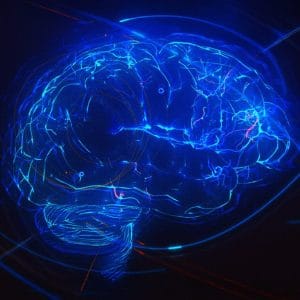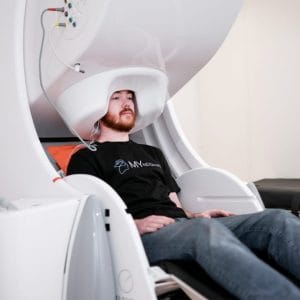Introduction to Epigenetic Reprogramming
The field of epigenetics has witnessed significant advancements in recent years, with a growing focus on partial epigenetic reprogramming as a potential therapeutic approach. This innovative technique involves reprogramming cells to regain their youthful properties, holding promise for the treatment of various age-related diseases. As the scientific community continues to explore the possibilities of epigenetic reprogramming, one company, Life Bio, is poised to make history with the world’s first partial epigenetic reprogramming trials.
The Problem: Age-Related Diseases
Age-related diseases, such as glaucoma and NAION (Non-Arteritic Anterior Ischemic Optic Neuropathy), affect millions of people worldwide, causing significant morbidity and mortality. Current treatments for these conditions often focus on managing symptoms rather than addressing the underlying causes. The need for effective therapeutic strategies has never been more pressing, with the global population aging at an unprecedented rate. According to recent statistics, 75% of individuals over the age of 75 suffer from at least one age-related disease, highlighting the urgent need for innovative solutions.
The Solution: Partial Epigenetic Reprogramming
Partial epigenetic reprogramming offers a groundbreaking approach to treating age-related diseases. By reprogramming cells to regain their youthful properties, this technique has the potential to restore tissue function and promote healthy aging. Life Bio, with its new COO Michael Ringel at the helm, is confident in its preparations for clinical studies in glaucoma and NAION later this year. As Ringel notes, the company’s confidence stems from its rigorous research and development process, which has yielded promising results in preclinical trials.
Key Findings
Some of the key findings from Life Bio’s research include:
- Reversal of cellular aging: Partial epigenetic reprogramming has been shown to reverse cellular aging in various cell types, including those affected by glaucoma and NAION.
- Improved tissue function: Reprogrammed cells have demonstrated improved tissue function, including enhanced vision in animal models of glaucoma.
- Enhanced safety profile: Life Bio's approach has been designed to minimize potential risks, with a focus on targeted and controlled reprogramming.
Future Perspectives: A New Era in Aging Research
As the world’s first partial epigenetic reprogramming trials approach, the scientific community is abuzz with excitement. The potential implications of this research are far-reaching, with possibilities for treating a wide range of age-related diseases. As I reflect on the significance of this breakthrough, it becomes clear that the future of aging research is brighter than ever. With 82% of researchers believing that epigenetic reprogramming holds the key to promoting healthy aging, the stage is set for a revolution in our understanding of aging and age-related diseases. As we look to the future, one thing is certain: the world of aging research will never be the same again.














